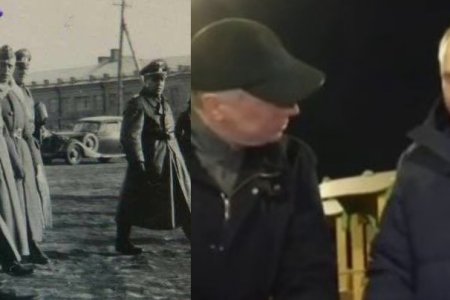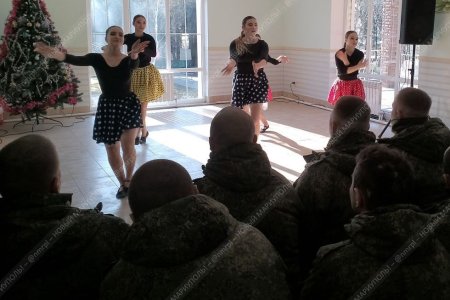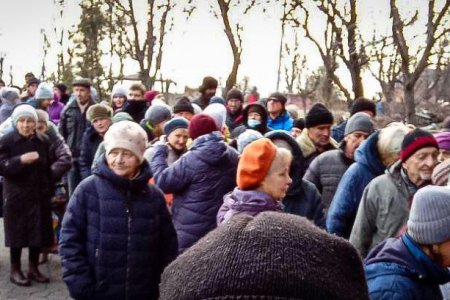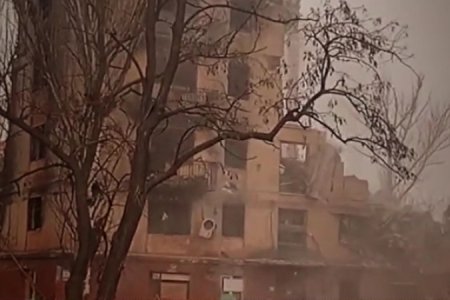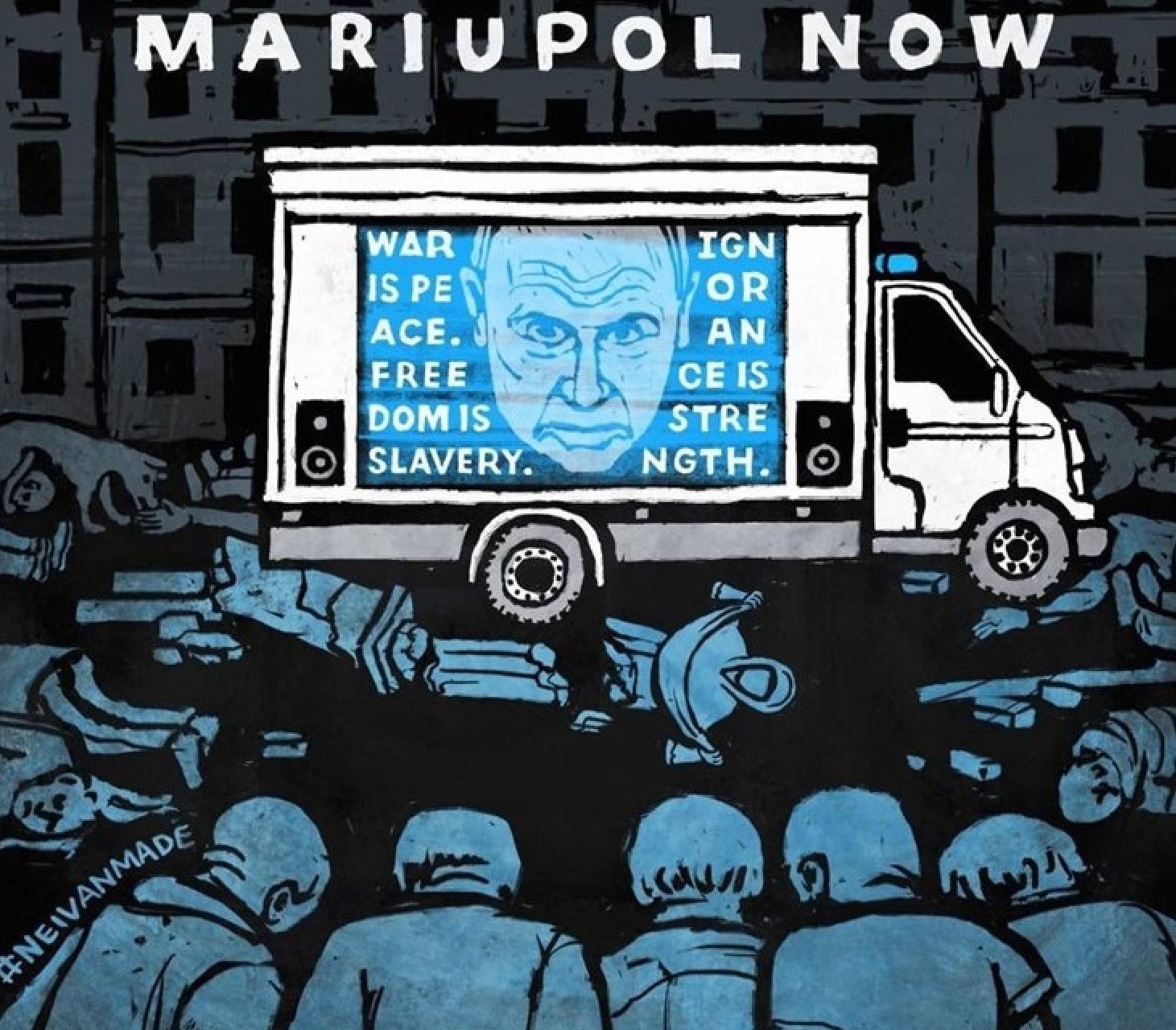
Russia has stepped up its methods of surveillance in occupied Mariupol, with new rules on mobile communications making it possible to monitor anybody using a mobile phone. The new measures were reported by Petro Andriushchenko, Adviser to the Mayor of Mariupol. According to his information, the Russian invaders are also installing new equipment everywhere with the primary aim being to enable phone tapping, interception of any contacts with government-controlled Ukraine and other forms of surveillance. According to his sources, apps for recording calls have simply appeared on a number of Android-based mobiles, without being downloaded, and without the user being asked for permission.
Back in February, Andriushchenko reported that Russia’s FSB was trying to block Google searches and other services, including Zoom, throughout occupied parts of Donetsk oblast. Similar measures were applied in occupied Crimea and Donbas in 2014, with the invaders also prioritizing instalment of Russian media and the blocking of Ukrainian channels. In 2022, after Russia had destroyed up to 90% of Mariupol’s infrastructure, and people were facing humanitarian crisis, without food, drinking water, heating, electricity or plumbing, the invaders brought in huge screens on which to broadcast propaganda.
Almost immediately after Moscow staged fake ‘referendums’ on occupied Ukrainian territory and claimed near total support for ‘joining the Russian Federation’, Russian leader Vladimir Putin issued a decree imposing martial law on all such territory. One of the many repressive measures taken was heightened and open censorship.
Pro-Kremlin blogger Vladimir Rogov stated that, as a result of martial law, ‘enforcement officers’ would be carrying out preliminary checks of people’s phones. Those found to have subscriptions to Ukrainian sites would first receive “a warning”, then fines. For those who continued “to offend”, criminal liability was envisaged.
Rogov was just as open in boasting of another reversion to the worst of Soviet repression, namely the encouragement of denunciations. While in theory, the denunciations are of those planning so-called ‘sabotage’, it is clear from his words, as well as from other pro-Kremlin sources, that people are being encouraged to ‘report’ anyone supporting Kyiv and hoping for liberation by Ukraine’s Armed Forces.
The Guardian recently managed to carry out a series of strictly anonymous interviews with Mariupol residents who told them that “it’s like the USSR”.
“I feel as if I’ve fallen into some terrible submerged and downtrodden collective farm. The shops are primitive and the prices astronomical,” one said. “The city isn’t the one I knew. The people are not the same. Everything is changed. I have a permanent feeling of wanting to go home.”, one person told the newspaper.
“the Kremlin was indoctrinating young people in the city. Schools and kindergartens had reopened under a Russian curriculum and the Ukrainian language had been banned. “The brainwashing is very strong,” one person said. “Children are told Russia’s president is the best, and Ukraine is full of bad people and fascists. It’s like the USSR. There are alien slogans. Only maths and physics are unchanged.”
The methods are the same in any areas under Russian occupation, with children and young people not just the targets of the indoctrination but also used for propaganda. In January, young people in Mariupol were forced to dance and entertain the invading forces. As Andriushchenko then put it, they were made “to thank the killers of their parents, relatives and their childhood. To thank them and entertain them with shows. Parents were warned that anyone who was against, or who filmed it, faced [being imprisoned in] basements for the dissatisfied.”
